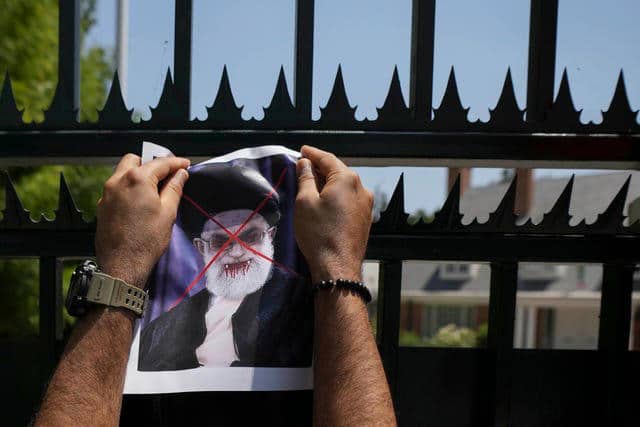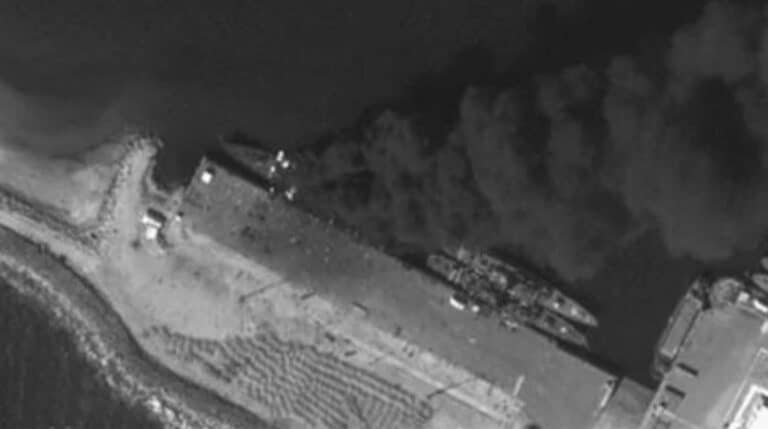
Global oil prices fell sharply on Tuesday after Israel confirmed a U.S.-brokered ceasefire with Iran, easing fears of further geopolitical escalation in the Gulf region, as reported by the Gguardian.
President Donald Trump announced the agreement on Truth Social, writing: «It has been fully agreed by and between Israel and Iran that there will be a Complete and Total CEASEFIRE.»
Israel later issued a statement confirming its acceptance of the truce “in full coordination with President Trump.”
The news sent Brent crude — the global benchmark — tumbling 5.4% to $67.65 a barrel, extending Monday’s 7% drop. Prices returned to levels last seen before Israel’s strikes on Iran began on June 12.
The ceasefire brought relief to financial markets:
- FTSE 100 rose 0.8% in early London trading
- Nikkei gained 1.1%
- Hang Seng advanced 2.1%
The initial flare-up, which included U.S. strikes on Iranian nuclear facilities and Iran’s symbolic retaliation at al-Udeid airbase in Qatar, had stoked fears of a broader conflict and disruption to oil flows through the Strait of Hormuz — a vital corridor for global energy supplies. Though Iran’s parliament voted to close the strait, it remains open for now.
Analysts say attention may now shift back to market fundamentals, such as OPEC production plans and slowing global demand. Swissquote’s Ipek Ozkardeskaya noted that «geopolitically driven rallies tend to be short-lived,» while U.S. crude could fall below $65 a barrel if calm prevails.
Despite heightened rhetoric earlier in the week, markets appear to be settling, at least for now, into a post-conflict posture.
Kursiv Uzbekistan also reports oil prices surged to their highest levels since January 2025 after the United States joined Israel in striking Iran’s nuclear facilities.













